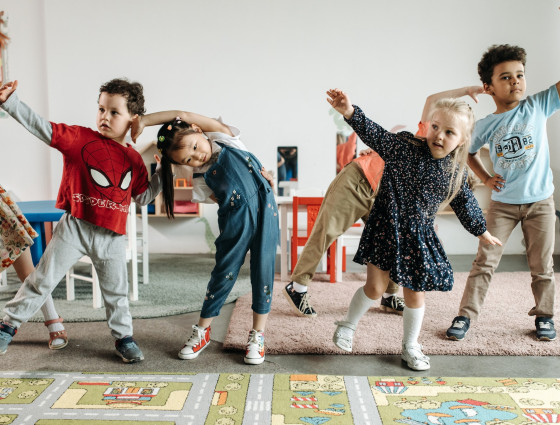
Social and emotional skills for professionals
Guidance and techniques for professionals to help to support pupils with their social and emotional skills.
Social and emotional skills are the skills that help children and young people develop their resilience and manage their thoughts, feelings and behaviour.
They are important life skills that support pupils’ ability to cope with and negotiate their way through difficult situations, as well as build positive relationships with their peers and adults.
These skills can improve academic attainment and enhance pupils’ motivation, as well as promote wellbeing and help prevent mental health difficulties from developing.
Educational settings can play a pivotal role in building the strong emotional foundations that all of us need in order to thrive and be mentally healthy.
Useful resources and links
- Perryfields PRU have developed a number of toolkits that support the development of social and emotional skills.
- The Education Endowment Foundation (EEF) have information on how to improve Social Emotional Learning in primary schools.
- The Early Intervention Foundation (EIF) have put together an introduction to Social and Emotional Learning in Schools (webpage).


 Facebook
Facebook X
X Email
Email WhatsApp
WhatsApp Messenger
Messenger